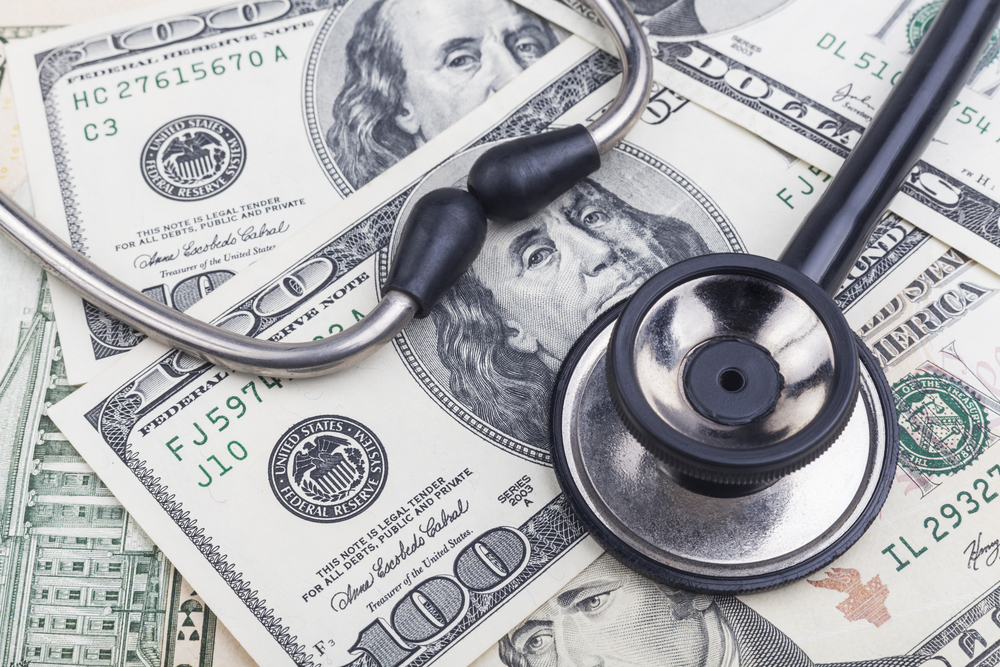How-Tuesday: How to Handle Expensive Medical Bills
It happens to all of us, at one point or another. Life is going along swimmingly, we've just gotten into a comfortable place with our money, when suddenly, we're hit with an unexpected medical bill. Whether a costly scan or a major surgery, the price-tag that comes with any hospital visit is something we can't always prepare for, and often, can't afford.

Image source: Shutterstock.com / Photographer: David Orcea
In fact, "[each] year some 700,000 families are forced into bankruptcy because of health-care costs, while another 80 million or so Americans struggle with medical bills they simply can't afford to pay."* So, is there hope? Yes. Here are a few ways you can battle those medical bills and get back on top of your finances.
Check Your Insurance Situation
If your claim has been denied by your insurance company, make sure to appeal it ASAP. You can find out how to make an appeal by referring to your plan document.
Get in Good Standing
If you can't afford to pay - with or without insurance - do not ignore the bills. You may qualify for some assistance or breaks in the future and you don't want to ruin your chances. While you're getting things figured out, call the billing office, explain that you're working on a plan to pay off the bill, and request that the status of your account be changed from "unpaid" to "pending." This will keep your bills from getting turned over to a collection agency.
Inquire About Repayment Options
Many medical billing offices offer repayment options that can break your payments into smaller, monthly amounts, often interest-free. Depending on the overall amount of your bill, these repayment plans can stretch from 3 months to over a year.
Negotiate a Discount
You might not have to pay sticker price. If you're unable to make strides by talking with the clerk in the billing office, ask to meet with a supervisor, manager of credit and collections, manager of patient accounts, or the hospital's chief financial officer. And once you meet with a higher-up, don't accept the first discount you're offered - negotiate until you've settled on a payment plan that you are confident in. Don't forget to get this agreement in writing.
Look into Financial-Assistance + Charity-Care Policies
Call or visit the hospital's billing office and ask for copies of the their financial-assistance and charity-care policies in order to see if you qualify for financial relief. The income ceilings for charity-care can range as high as 400 percent above federal poverty income guidelines, so don't hesitate - you might be eligible even if you're making good money.
Start an Emergency Fund - Now!
Whether you've already been hit with a major medical bill or don't see it happening anywhere in your near future, it is always a good idea to set money aside, just in case. Even tossing $20, $50, or $100 a month into a savings account dedicated to medical emergencies will add up quick, and help you cover a huge chunk, if not all, of an unexpected hospital bill when the need arises. | Related: How to Start an Emergency Fund
